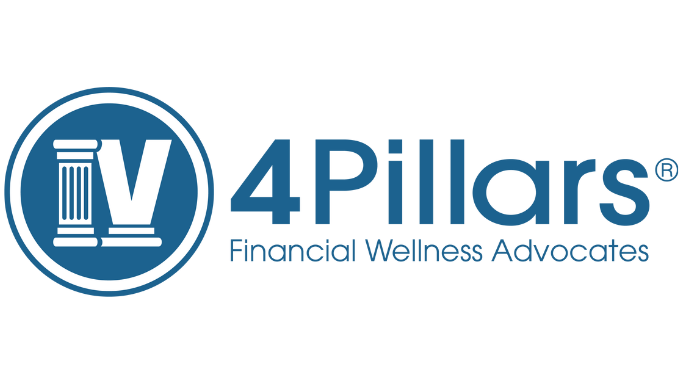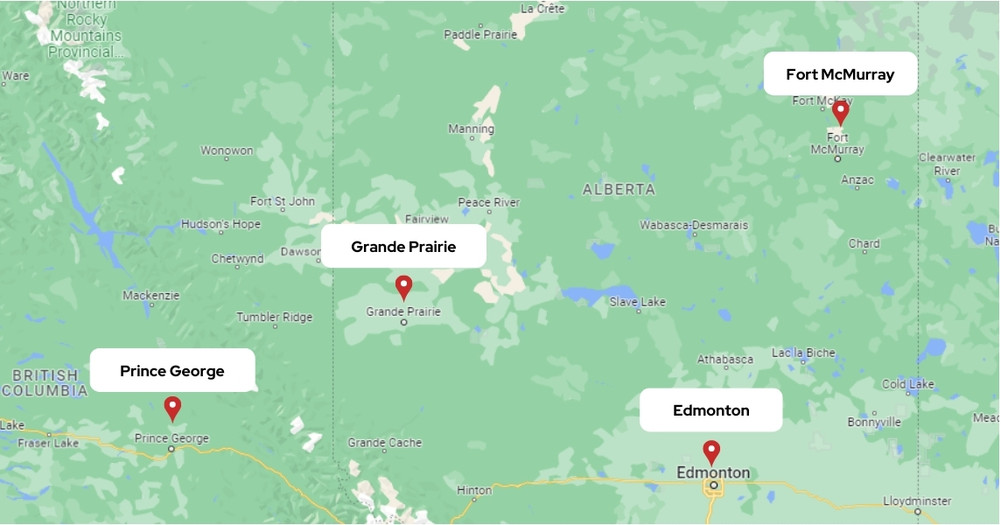 One of the responsibilities of being a creditor or collection agency is actually recovering the money owed. A collection agency swings into action when the debt becomes overdue or on a court judgment . If you are not able to pay or even unwilling to pay off the outstanding amount, the creditor can recover the full amount only by suing, getting a judgment against you and enforcing that judgment. Now, if you decide to use service like what we offer and choose to negotiate and want to offer a payment plan, the debtor might get away by paying only a portion of an outstanding amount.
One of the responsibilities of being a creditor or collection agency is actually recovering the money owed. A collection agency swings into action when the debt becomes overdue or on a court judgment . If you are not able to pay or even unwilling to pay off the outstanding amount, the creditor can recover the full amount only by suing, getting a judgment against you and enforcing that judgment. Now, if you decide to use service like what we offer and choose to negotiate and want to offer a payment plan, the debtor might get away by paying only a portion of an outstanding amount.
The creditor also has the option to enforce the right to offset to recover the money. This happens typically when you owe money to a bank where you have assets like GIC’s or even have some money deposited into the account. For example, you owe a credit card from CIBC and you have a savings amount or overdraft with CIBC, you run the risk of the bank pulling amount from the account and paying a portion of the credit card debt. We have seen clients loose their entire pay check because the banks decided to enforce right of offset. So, never bank with a financial institution, with whom you have debts. Also, ensure that you directs the deposits to an different account. Otherwise, you might not see the money you had planned on.
The other creditor who can take money without suing is the government only if you owe taxes. They might clean the bank account, claw back GST and tax refunds to recover the amount. They could also start garnishing.
Usually, a creditor will decide to sue in the first six months of you defaulting on your payments. That is the statutory timeline for a bank in Canada to keep the debts on the bank records. Afterwards they will sell it to a collection agency to collect.
By being aware of these various methods used by creditors to collect the debts, you should decide on what would be your best strategy.


